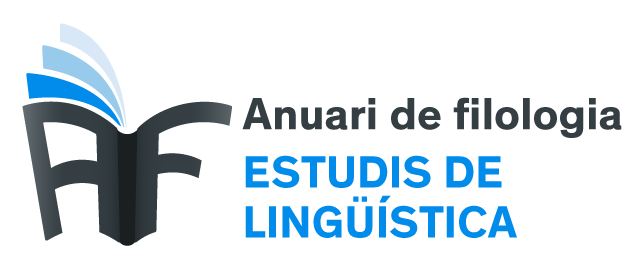La literatura en la formación de jueces y abogados
DOI:
https://doi.org/10.1344/AFEL2017.7.7Keywords:
law, literature, literary criticism, text, language, communicationAbstract
The role of literature in the training of judges and lawyers is an issue raised in this article through the presentation of some of the most significant contributions that James Boyd White and Richard Weisberg made in this field. Both are leading representatives of the influential Law and Literature Studies movement, born in the early seventies at American universities. Literature becomes, in the hands of these authors, a privileged instrument to address, from a new perspective, essential issues of law, especially those concerning the practice of law and the lawyer's role in social progress.
Literary training would be aimed at improving the skills of lawyers and judges as readers, critics and composers of texts, so that they could carry out these characteristic tasks of their work successfully and effectively, with greater awareness of their genuinely literary activity and a stronger commitment to the progress of society towards justice through the tools of law.
Downloads
Downloads
Published
How to Cite
Issue
Section
License
The authors who publish in this journal agree to the following terms:
- Authors retain copyright and grant the journal the right of first publication.
- Texts will be published under a Creative Commons: Reconeixement 4.0 Internacional license.






